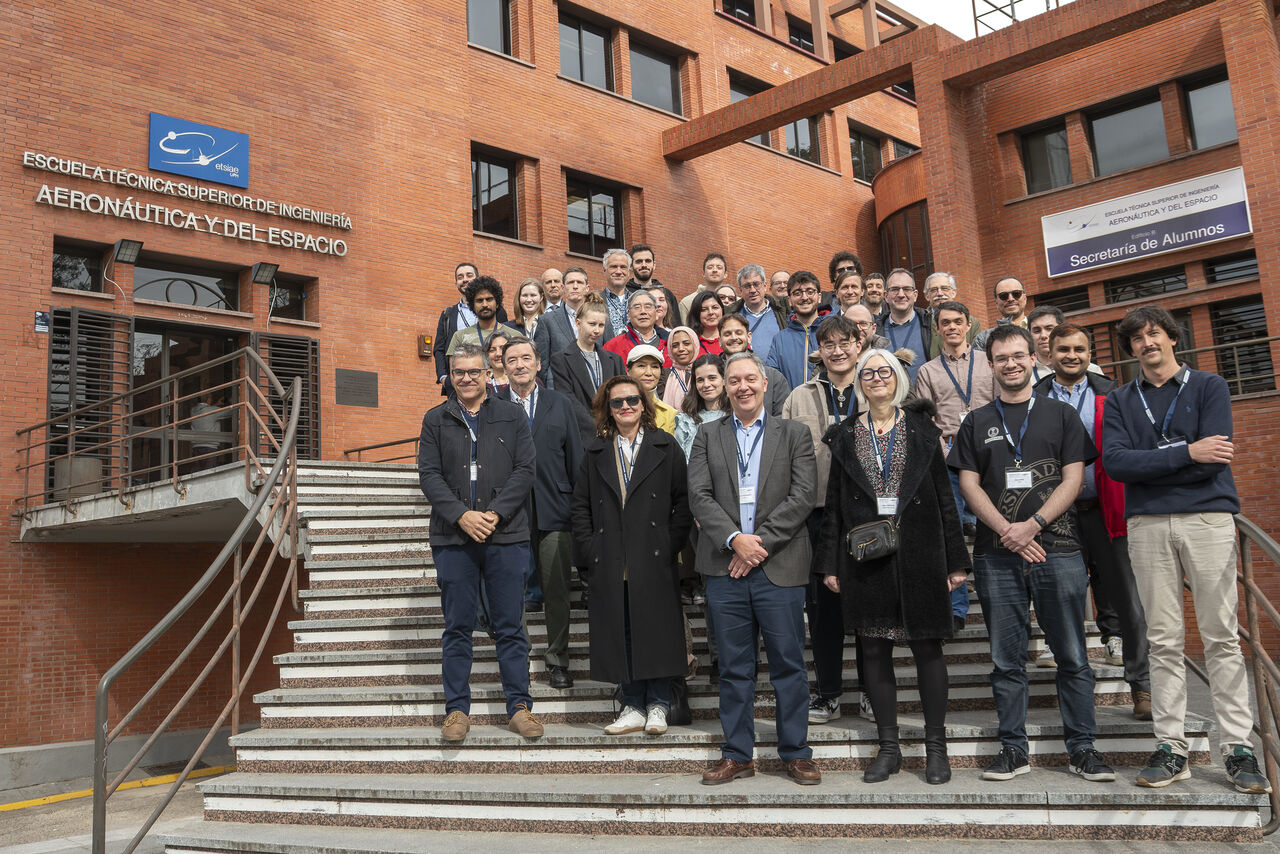The 1st USES² Industry Day brought together companies such as Airbus Defence and Space, Temai, Vesta, Sercel, and academic experts, researchers, and engineers for a dynamic exchange on the challenges and innovations in Structural Health Monitoring.
The event featured expert talks, engaging discussions, a round table, live demonstrations, and a poster exhibition highlighting the research projects of the 11 Doctoral Candidates of the European project USES². It served as a valuable platform for networking and sharing insights at the intersection of research and industry.



